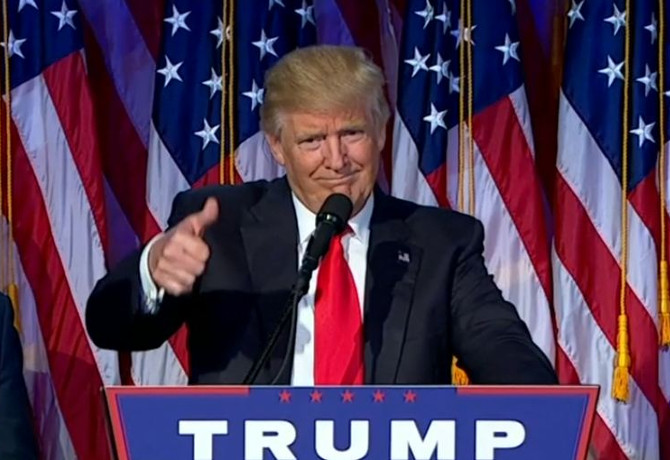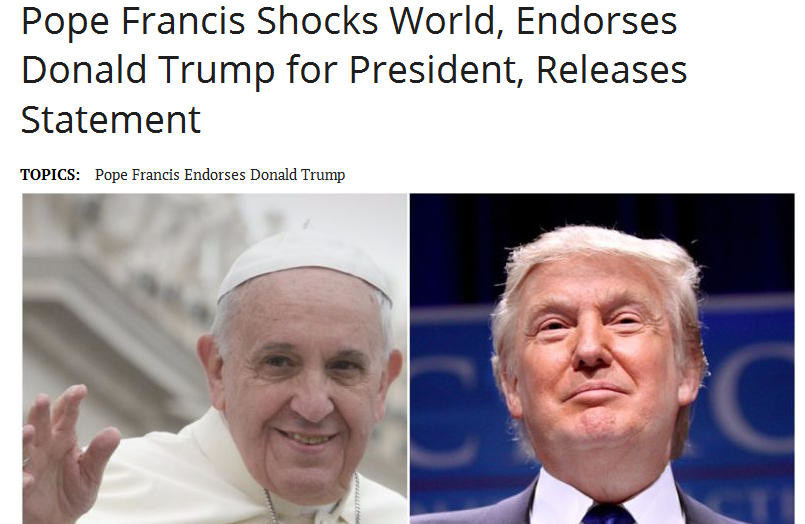Fake news is having a detrimental impact on the perception of brands and media companies, according to a new study commissioned by M&M Global.

M&M Global partnered with online research provider Toluna to survey 1,000 adults in the US and UK about their attitudes towards fake news, and how it influences their opinion of brands and media owners.
The findings suggest that consumers in the US are more advanced in their comprehension of fake news than European counterparts, and more concerned about the impact it is having.
Respondents were offered the definition of fake news as “websites that circulate distorted, decontextualised or dubious information” through “click-baiting headlines” that do not reflect the facts of a story, or declare a bias.
US election
Last year’s US presidential election appears to have accelerated the impact of the fake news phenomenon, with 84% of those surveyed Stateside claiming they are able to distinguish between ‘real’ and ‘fake’ news, compared to only 72% in the UK.
Indeed, when asked how influential they believed fake news was in the US election result, and Donald Trump’s victory over Hillary Clinton, the majority of US respondents (56%) claimed it had a “large impact”, compared to 41% in the UK.
Over half of those surveyed in the US (64%) believed they have clicked on or shared fake news over the past few years, whereas the figure falls to 46% in the UK.
And US consumers are more worried than those in the UK over the spread of fake news, with 84% expressing their concern, versus 24% in the UK.

Who cleans it up?
When asked who should be responsible for policing the rise of fake news, a majority of both US and UK respondents identified social media networks as the prime candidates (53% in the US, 46% in the UK).
A quarter (24%) of British participants argued an independent ombudsman, such as media regulatory body Ofcom, could take control of the situation. The idea of the police getting involved was less popular – only 5% in the UK and 3% in the US believed it to be the optimal solution.
However, if respondents on the two sides of the Atlantic agreed that the onus is on the likes of Facebook, Twitter and Reddit to police fake news, they differed in their perception of whether those networks are taking the right steps.
Some 40% of those surveyed in the US believe enough is being done by social media sites to combat fake news, but only 17% of Brits were satisfied with measures so far put in place.
Brand impact
Consumer disillusionment is not the only potential consequence of a surge of misleading content on the internet: respondents made it clear that advertisers and media owners stand to suffer as well. Over 80% of both those in the US and UK said that their opinion of brands associated with fake news is “negatively impacted”.
Worse still, the propagation of dubious content appears to be compromising the reputation of the media industry at large.
Many publishers argue that the rise of fake news will increase the demand for ‘premium’ content providers. However, when asked how the phenomenon impacts their view of traditional, long-standing media brands, 59% of UK respondents and 49% of those in the UK said it adds to a sense of “scepticism”, with a much smaller percentage arguing it improves their perception (13% in the UK, 30% in the US).
‘Facebook have a lot to lose’
For Hannah James, strategy director at Havas Media Group UK and Ireland, even if Facebook believes it is not responsible for the rise in fake news – Mark Zuckerberg famously dismissed the notion it influenced the US election as a ‘crazy idea’ – it certainly has the most to lose.
Indeed, when asked which social media platforms they believe are the biggest propagators of fake news, 62% of those asked in the UK and 70% in the US cited Facebook, compared to the 32% and 24% respectively who identified Twitter as most culpable.
“Havas works with brands to build meaningful connections with consumers and as trust is such a key pillar of meaningfulness we naturally seek trusted media environments. The proliferation of ‘fake-news’ on social media won’t only impact on the media trust, but on brands that position themselves alongside the unscrupulous content,” says James.
“Facebook has taken micro steps towards addressing the problem, but with revenues of $27bn in 2016 they not only have the resources to go a lot further but a lot to lose if brands vote with their dollars and start to turn away from environments with eroding trust.”
BBC World Service Group deputy director Jamie Angus will moderate a panel debate at Festival of Media Global 2017 in Rome entitled, ‘Fake News: Responsible platforms for responsible brands.’
Confirmed panellists include Bloomberg Media CRO Keith Grossman and Adblock Plus public affairs manager Laura Sophie Dornheim. Find out more here.







